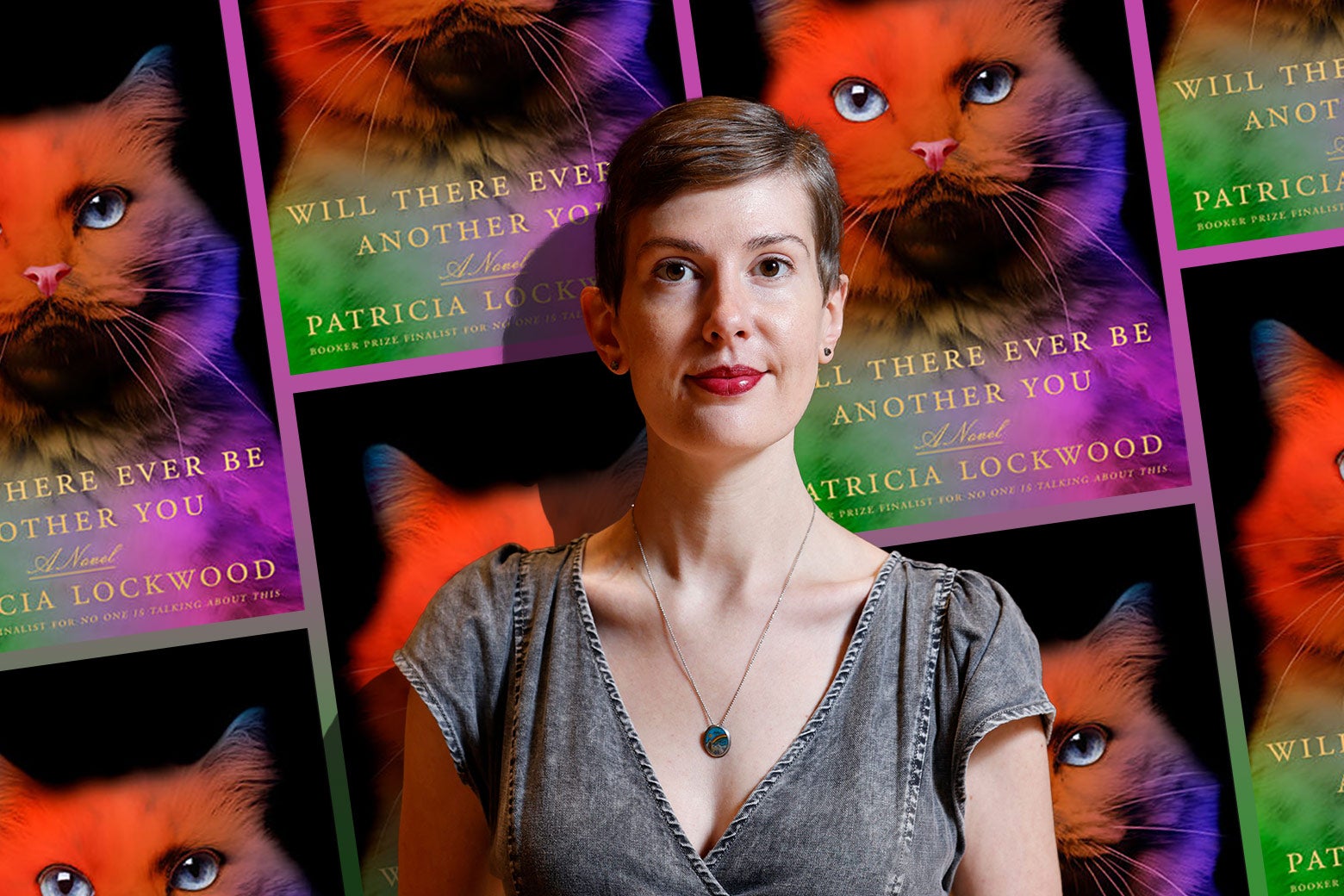Will There Ever Be Another You? A Memoir of Madness
Few endeavors could be more paradoxical than writing a book about being unable to write. Patricia Lockwood’s new novel, Will There Ever Be Another You, is a fictionalized account of a period when, following a bout of COVID, she experienced a period of brain fog akin to “madness.”
Lockwood—a poet who went viral in 2013 with the Awl-published ”Rape Joke,” then became one of the most delightful participants in the long-lost group romp known as Weird Twitter—has published a memoir about her father, 2017’s Priestdaddy, and another autobiographical novel, 2021’s No One Is Talking About This, which was shortlisted for the Booker Prize.
In the aftermath of her COVID infection, caught in the meshes of a new sort of illness, she found herself unable to locate the right words and striking out dysfunctional paragraphs. “This was her trick, her only trick,” “she” thinks in Will There Ever Be Another You. “How was she supposed to do her trick when everything had been put back in the wrong place?”
“She” is another version of the narrator—that is, Lockwood—and the “another you” of the novel’s title. “Some mornings she seemed true, and then she was I; some mornings she seemed false, and then she was she.” Will There Ever Be Another You does eventually come back to the first-person singular, but before it does, the novel wanders through Lockwood’s disorientation in chapters jungly with bewildering language that occasionally open out into exhilarating clearings.
The altered state or altered selfhood she inhabits resembles the thoughts of an addled surrealist: She becomes convinced, for example, that there is a secret number between 2 and 3. Sometimes she seems to be stricken by some rare but recognizable form of mental illness, as when her own wrist appears alien to her, and she sends photos to her friends as “proof.” She loses her ability to assess social interactions, confused about whether her neurologist is coming on to her (he isn’t) because “she no longer knew when people had sex with each other.” And sometimes she just seems depressed: “How to say this—that everything felt like drag to her? All clothes, her eyelashes, the fact that she had hands.” Lockwood is never not funny—that knack, it seems, is impervious to viruses—and her humor often turns on a switchback from lyricism to the unrepentant vulgarity of our shared online culture. She writes of feeling that she’d “fallen so far out of the world, out of the human population, that she could not even rejoin them to watch the butthole cut of Cats.”The Novel's Disorienting Journey
Will There Ever Be Another You would seem to have such an arc, the story of an illness and a recovery. However, the section describing the worst of the narrator’s long COVID symptoms can be pretty heavy sledding, a hack through words that often feel detached from any fixed meaning and sentences that don’t always feel connected to each other. Referring to herself as “she” adds to the muddle when the narrator interacts with her mother and sister, and who the pronoun applies to at any given moment becomes unclear. Probably that’s just what brain fog feels like, but how many readers really want to feel that, and at such length? It’s a relief when the first part of Will There Ever Be Another You concludes, and Lockwood starts using “I” again, but there are still segments of the book that feel like cascades of non sequiturs, like dream logic or the ramblings of someone on mushrooms.A Memoir of Illness and Recovery
The task Lockwood set for herself of writing the unwritable isn’t necessarily impossible. If anyone could do it, surely it would be her, a nimble wit whose language-bending eccentricities reliably set off little explosions in the reader’s mind and never become labored. And sometimes she does pull it off. I often found myself underlining remarkable passages from the novel—as when the narrator describes herself as “desperate to be released from the tarot pack of my own past, which could only be laid out in so many ways”—and laughing out loud. BUT Will There Ever Be Another You lacks the intensity, and perhaps the purity, of both Priestdaddy and No One Is Talking About This. If fear struck Lockwood when she contemplated simply no longer being a writer, she does not convey that, the terror of no longer really knowing oneself blunted by her jokes and quips.A Challenging but Ambitious Novel
Will There Ever Be Another You is a memoir that defies conventions, a novel about the impossibility of writing about one’s own mind. It is a challenge to read, but also a reward. If you’re ready for a journey into the mind of a poet who has faced her own personal demons, then Will There Ever Be Another You may be the book for you.A Conclusion
